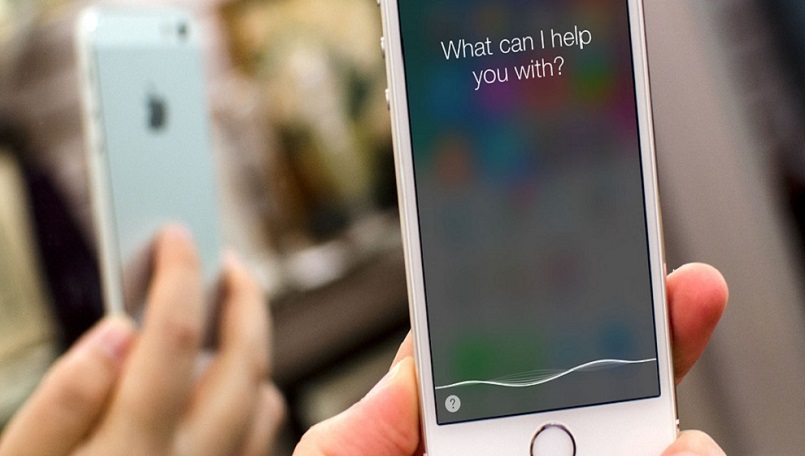It is now being widely accepted that Siri, Apple’s personal digital assistant, has fallen far behind Google Assistant and Alexa (Amazon’s personal digital assistant). Siri was released well in advance of its competitors in this segment, however, now Google Assistant and Alexa seem to have beaten Siri in its own game. Siri had been launched by Apple amid great fanfare with company’s new iPhone 4s in 2011.
The idea of a personal digital assistant was still a fledgling concept back then and this launch was being seen as the next big thing. In fact, the launch of Siri was expected to bring about a major revolution and herald a new era in the tech world.
However, seven years after its launch, Siri has been reduced into an average technological product, while its competitors seem to be performing far better. One ought to wonder how things went awry for Siri even though it had a major first mover advantage.
The biggest disadvantage for Siri has to be the fact that it does not boast of the kind of apps ecosystem that Google has. Google has the most impressive suite of apps ever ranging from maps, search, travel, calendar, mail, events, video (YouTube), etc. In fact, Google apps are out of the league facing no real competition from any other apps ecosystem. Amazon is also not very far behind and has been constantly innovating in this aspect.
Another issue with Siri has been fewer updates. As per a report by The Information, Siri went downhill after Jobs passed away in 2011. Instead of continuously updating Siri, Richard Williamson, one of the former iOS chief Scott Forstall’s deputies, reportedly wanted to update Siri only annually along with new IOS releases. Now, this is not how a personal digital assistant should be treated. Google and Amazon have on the other hand, been far more proactive updating their digital assistants constantly keeping in mind the ever changing needs of their users in mind in today’s era. Amazon, Google get monthly updates, sometimes more than one in a month. Williamson, however, denies these accusations and blames the Siri’s creators instead. He said, “It was slow, when it worked at all.” He added, “The software was riddled with serious bugs. Those problems lie entirely with the original Siri team, certainly not me.”
With lack of innovation, lesser options and tight control of hardware and software, Apple’s Siri seems to have been left far behind its competitors. A deeper integration with third party-apps will only help Siri in gaining more popularity and fortunately a step has already been taken in the right direction as iOS 13 enables Siri support in third party media apps. Even though it is argued that this step should have been taken earlier, its heartening that this step has finally been taken. It is now upto Apple on how it plans to rise to the occasion and make a comeback in a game which was in a way started by the launch of Siri itself.
